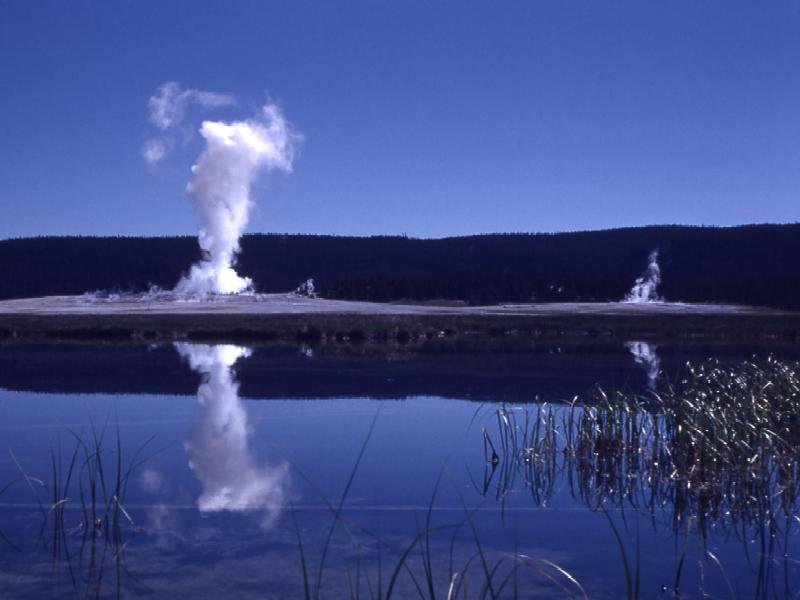The geothermal industry is set to "gather steam" in the coming years to reach installed capacity of around 4,000MW in 2016, a sector analyst has claimed
Market research firm Frost & Sullivan has today (October 27 2009) published a study saying that governments’ support is boosting the geothermal energy market in Europe and forecasting that the high initial investment costs will subside.
The report claims that many European governments are revisiting this sector to move away from dependence on foreign oil and gas and in an effort to meet 2020 renewables targets.
Frost & Sullivan found that the European geothermal energy market reached installed capacity of 1,558MW in 2009 and has estimated that this will reach close to 4,000MW in 2016 once drilling costs are reduced and there is more independence of the oil and gas industries.
Growth rates are expected to pick up in the next few years, with a compound annual growth rate – “the year-over-year growth rate of an investment over a specified period of time” – of 13% between 2010-2016, with established countries such as Italy and Iceland continuing to invest in geothermal power and new countries such as Germany and France exploring their opportunities.
UK
These findings have come after the Department for Energy and Climate Change (DECC) announced last week (October 22 2009) a £6 million fund to help support the search for viable geothermal sites in the UK.
Europe
Frost & Sullivan’s study also noted that the European geothermal energy market emerged “relatively unscathed” from the financial crisis compared to other renewable energy sources, and claimed that the current largest European markets for geothermal energy were: Italy, Iceland, Turkey, Germany and France, followed by Portugal, Austria, Spain, Hungary and the UK.
It found that geothermal power ws the main electric power or energy resource in countries like Iceland, while for others including Italy, Turkey and Germany, it would complement other energy sources.
Frost & Sullivan industry analyst, Gouri Kumar, who wrote the ‘European Geothermal Energy Market’ study, said: “Recession has slowed-down and will slow-down the sector until the end of 2010, but this market has not been as hard hit as other renewable energy sectors such as wind and solar.
“Continued government support will bolster growth rates, while falling costs due to economies of scale in countries like Italy and Iceland will eventually eliminate high initial investment costs.”
He added that continued investment from European governments would lower initial capital costs and attract other companies to invest in the sector.
Oil and gas
The report also claims that drilling companies in the oil and gas sector had diversification opportunities in the drilling and exploration phase of geothermal energy projects and that better co-operation between the sectors was necessary.
Mr Kumar concluded: “As suggested by some market participants, clustering of wells leading to bigger power plants will help reduce costs and thus make geothermal power a more competitive source both with conventional and other renewable energy sources.
“As in most electricity markets, grid is key. Countries need to research, invest and build new grid infrastructure to accommodate higher loads. Large scale investment should be earmarked for infrastructure, drilling and resource exploration. Society and investors should be educated about the benefits of geothermal energy.”









